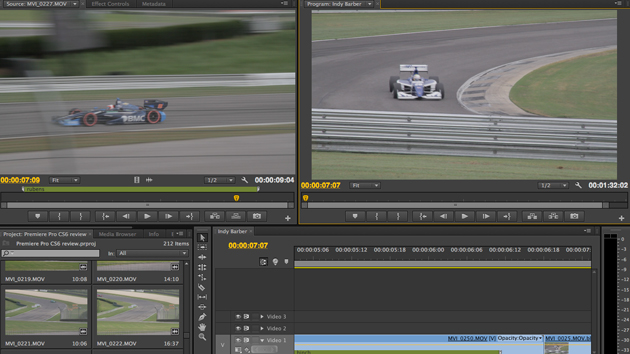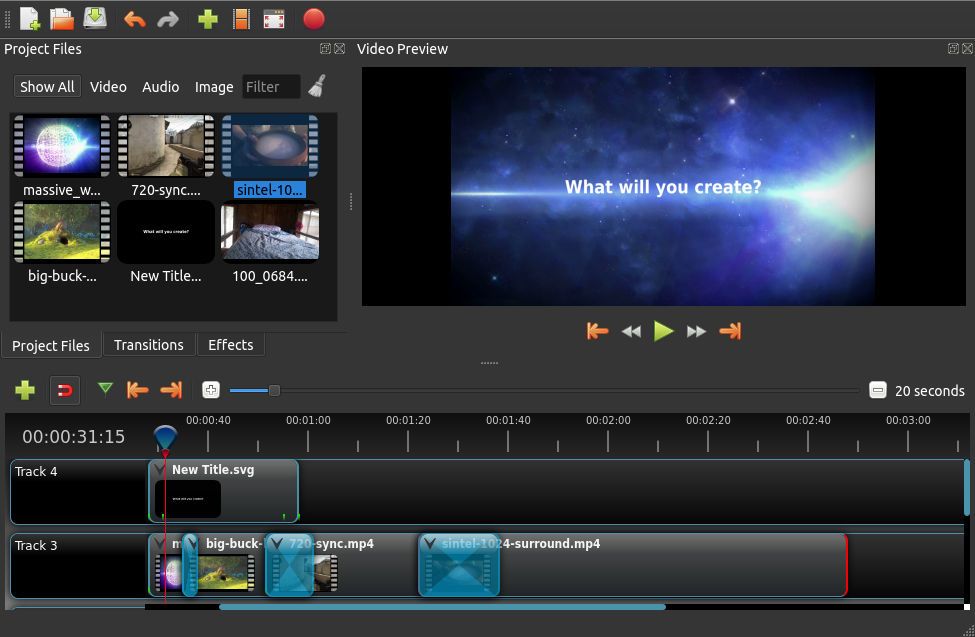
Mad Jack (S1:E8)Īfter setting up its main rivalry so spectacularly in its opening, it actually takes Samurai Jack until its ninth episode to directly involve Aku again. Samurai Jack barely has any dialogue to begin with, and in its second stand-alone episode it goes even further - an episode whose climactic battle completely lacks any sound. Most cartoon shows of its era waited at least a season or two before doing their first no dialogue episode. Jack encounters a strange new culture and place, finds something wrong there and rights it, forging a new friend along the way - only to leave them behind as he continues on his lonely journey. Here, we have an introduction to the purest form of a Samurai Jack story in the show’s first stand-alone episode.

“The First Fight” ends in the same way every other episode of Samurai Jack ends: with Jack walking off into the sunset, neither further or closer to his goal.Ĭartoon Network Jack, the Woolies and the Chritchellites (S1:E4) This improves greatly over the course of the series, and there’s no reason to subject yourself to it now. This is something of a hallmark Samurai Jack ’s first season: The show’s flare for dramatic staging and pacing is undeniable, but once Jack actually comes down to trading blows with an opponent, the fight scenes are unremarkable.
#Adobe premier cs6 full
This is the place to start with the series, covering Jack’s origin story, his childhood training and his banishment to the future.īut you can skip S1:E3, “The First Fight.” It opens with a very cute training montage full of talking dogs, but a huge chunk of the episode is devoted to a slow and repetitive fight between Jack and a horde of robotic beetle warriors.
#Adobe premier cs6 series
Samurai Jack premiered on Cartoon Network in 2001 with a 90-minute spot, showing the first three episodes of the series - “The Beginning,” “The Samurai Called Jack” and “The First Fight” - back to back.
#Adobe premier cs6 movie
Here’s what to watch and what to skip in Samurai JackĬartoon Network The Premiere Movie (S1:E1-E2) Samurai Jack had the sort of deliberately slow pacing, stylized design and highly choreographed action sequences rarely seen in Western action, Western animated action, or Western animated action television.

It was in watching a team of animators push the boundaries of the show’s hand-painted backgrounds and minimalist design to glorious lengths. It was in watching a team of writers and story-boarders craft a perfect samurai movie, trippy magical interlude, noir detective story or epic historical battle in only 22 minutes of set up, payoff, and resolution - often with virtually no dialogue. The appeal of Samurai Jack was never in dense plotting or cliffhanger endings. Which makes it the perfect series for a Watch or Skip list - there’s no overarching narrative, just 40-some standalone stories, and it’s all available on Hulu.

Episodes can be watched in practically any order, and there are no recurring characters other than Jack and Aku (with one single, memorable exception). Jack never ends an episode closer to the end of his quest than he was when it started. That said, Samurai Jack doesn’t really have a continuity, per se. Jack travels the world searching for time portals and wishing gems, doing good wherever he is needed, while Aku’s minions and the evil wizard himself dog Jack’s every step.

This push and pull between the show’s hero and villain fuel most of Samurai Jack’s 22-minute episodes (and a few two- and three-parters). Aku’s goals are to kill the samurai at all costs - and to destroy any means he might find of returning to the past. Jack seeks to return to the past and undo Aku’s future, but his compassionate and righteous nature leads him to offer aid to any who need it, sometimes to the detriment of his larger mission. When Jack stepped forth to oppose Aku in the past, Aku flung him into the future, counting on the fact that he would be all-powerful before he had to reckon with the samurai again. Jack wields his father’s magic katana, the only weapon capable of harming the shapeshifting master of darkness - and overlord of this future earth - Aku. The appeal of Samurai Jack was never in dense plotting or cliffhanger endings, but in watching animators push their boundaries


 0 kommentar(er)
0 kommentar(er)
